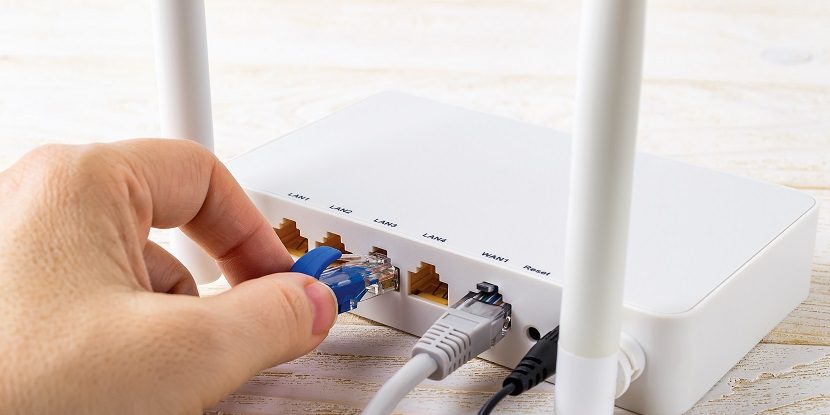Dutch Court of Appeal confirms non-infringement by KPN against Assia
The Court of Appeal in The Hague has upheld a first-instance decision which found that KPN did not infringe an Assia patent. Now the court has provisionally enforced an order for Assia to pay legal and appeal costs to both KPN and intervener Nokia. However, parallel proceedings concerning the DSL technology are ongoing.

Assia, KPN, NokiaNokia and KPN have once again been successful in the ongoing case against Assia over DSL technology ©Maryia/ADOBE STOCK
In January 2021, Assia was unsuccessful in proceedings regardingEP 18 69 790. Here, the District Court of The Hague found that KPN had not infringed EP 790, which covers the controller for a DSL line. However, unlike in parallel proceedings, the patent in question is not standard essential.
Now the Court of Appeal in The Hague has upheld the first-instance decision.
Assia over DSL
Assia claimed that KPN infringed EP 790, because KPN applies the process laid out in the patent’s claims one through twelve. Here, Assia argued that its DSL product operates with the patent’s claims from 13 to 17. However, the court threw out the claim of infringement, with Assia appealing the judgment in March 2021. Now the Court of Appeal has upheld Nokia and KPN’s initial victory (case ID: C/09/571729).
Nokia delivers key DSL technology components to KPN, turning out as an intervener for the Dutch telecommunication company in the various proceedings. KPN and Nokia also filed a counterclaim for invalidity, although the court did not address this issue in its judgment.
KPN win on SEPs
In a parallel proceeding regarding Assia’sEP 22 59 456, the Court of Appeal confirmed in March 2021 an invalidity decision, also in favour of KPN and Nokia. Originally in October 2019 the District Court of The Hague invalidated EP 456 (case ID: C/09/563488). Here, the defendants won based on invalidity due to added matter.
EP 456, which is standard essential, is owned by the Board of Trustees of the Leland Stanford Junior University. However, Assia was party to the proceedings as an exclusive licensee of the Stanford patent.
In the second instance, the Court of Appeal nullified all claims of EP 456.
-
Previous:none
-
Next:






